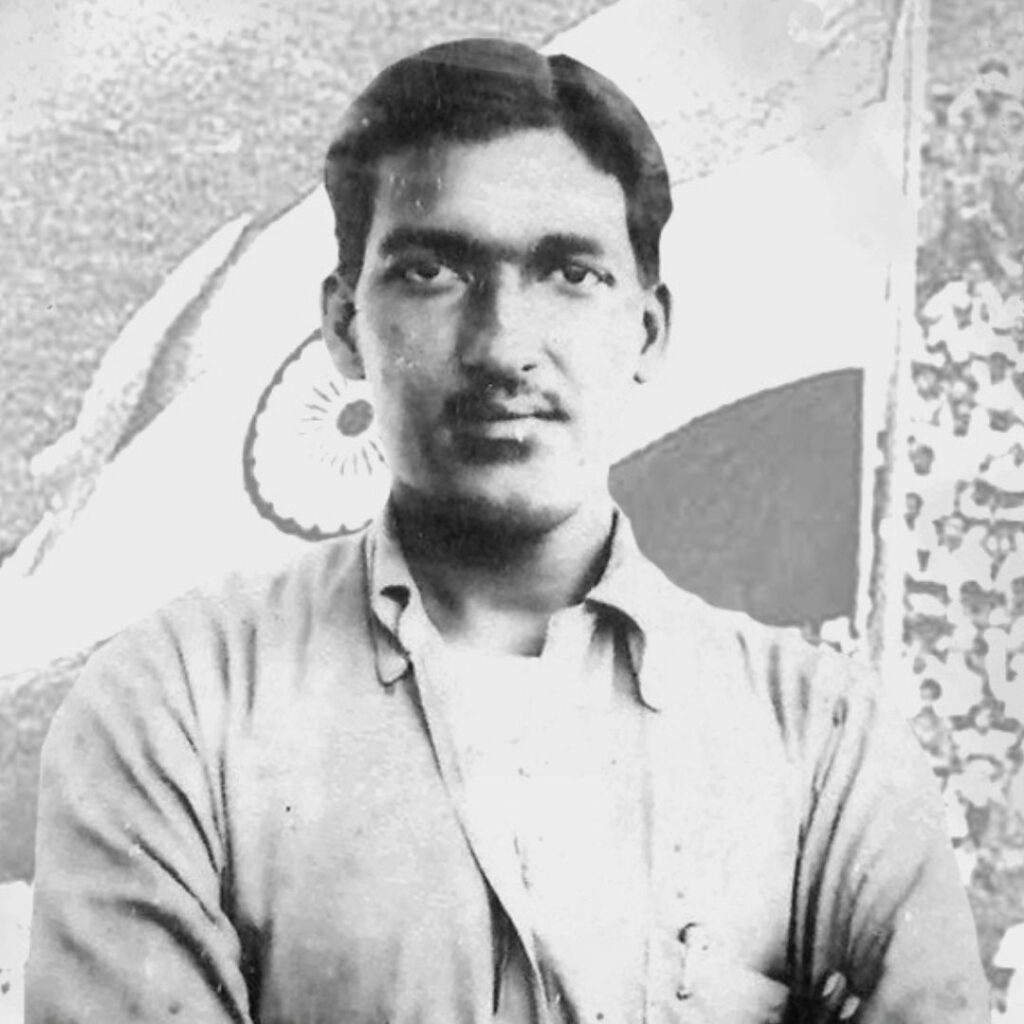History of Ashfaqulla Khan

Ashfaqulla Khan was a prominent freedom fighter in India during the early 20th century. He was born on October 22, 1900, in Shahjahanpur, Uttar Pradesh, British India. Ashfaqulla Khan played a significant role in the struggle for India’s independence from British colonial rule and became a symbol of courage and sacrifice.
Early Life: Ashfaqulla Khan was born into a patriotic and religious Muslim family. He received his early education in Shahjahanpur and later moved to Lucknow for higher education.
Joining the Freedom Movement: Inspired by the freedom movement, Ashfaqulla Khan joined the non-cooperation movement led by Mahatma Gandhi in the 1920s. He gave up his studies and actively participated in various protests and activities against British rule.
Kakori Conspiracy: Ashfaqulla Khan is most famously known for his involvement in the Kakori Conspiracy. On August 9, 1925, a group of revolutionaries, including Ashfaqulla Khan, planned and executed the Kakori train robbery near Kakori, a small town near Lucknow. They targeted a British government train carrying funds. The objective was to use the stolen money for the revolutionary activities against the British.
Arrest and Trial: After the Kakori incident, Ashfaqulla Khan was arrested along with other revolutionaries. He was put on trial for his involvement in the robbery and subsequent acts of rebellion against the British government. During the trial, he displayed remarkable courage and refused to seek mercy or compromise with the British.
Martyrdom: Ashfaqulla Khan was convicted and sentenced to death by hanging. On December 19, 1927, he was executed in the Faizabad Central Jail. His unwavering commitment to the cause of India’s independence and his refusal to beg for mercy made him a symbol of sacrifice and dedication in the struggle for freedom.
Legacy: Ashfaqulla Khan’s sacrifice continues to inspire generations of Indians. He is remembered as a fearless and patriotic freedom fighter who gave his life for the cause of India’s independence. His legacy is celebrated on his birth anniversary, and several educational institutions and organizations are named after him to honor his memory.
